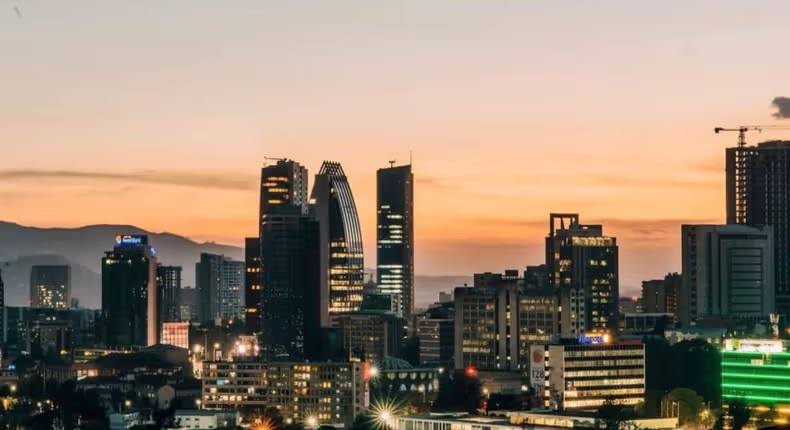With the start of 2025, the growing cost of living in some African cities remains a major issue for residents and citizens.
Cities such as Lagos, Johannesburg, Nairobi, and Accra dealt with high costs for housing, food, transportation, healthcare, and utilities in 2024.
Considering that no significant changes have occurred in the last year, this trend will most likely persist.
This tendency has far-reaching social and economic ramifications, altering the lives of millions and the course of development in these cities.

A high cost of living reduces households’ purchasing power, making it difficult for many to pay for essentials like food and transportation, and leaving little money for savings or discretionary spending.
The gap between earnings and costs grows for those with low and intermediate incomes, lowering their quality of life and driving families into financial instability.
Additionally, businesses, especially small and medium-sized firms (SMEs), are impacted by high living expenses.
These enterprises are forced to pay more for utilities, office space, and employee benefits. Consequently, this hinders their expansion and lowers their profitability.
The high cost of living frequently mirrors wider inflationary tendencies, which can destabilize local economies. Persistent inflation undermines consumer confidence and diminishes expenditure, slowing economic development and worsening citizens’ misery.
With that said, here are the African cities with the highest cost of living in 2025, according to Numbeo’s updated data.
